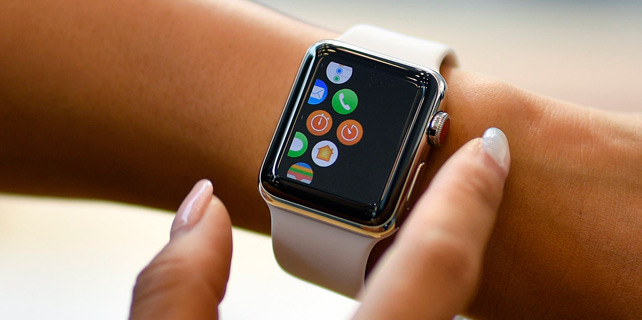Fake medical products a growing concern across the globe: WHO
For patients seeking treatment from street markets or the internet, this is an alarming figure: an estimated 1 in 10 medical products circulating in low- and middle-income countries is either substandard or falsified.
The finding, released by the World Health Organization in a report on Tuesday, estimates the observed failure rates of substandard and falsified medical products in developing countries at about 10.5 percent, with estimated spending in the order of $30 billion.
It was the WHO's first report on its Global Surveillance and Monitoring System for substandard and falsified medical products, which went into operation in July 2013.
China is among the countries that have reported suspect medical products to the WHO's new system over the past four years, according to the report. WHO has provided national medicine regulators with an information hub, where they can also check if similar suspect products have been found elsewhere.
I believe the severity of the WHO findings and its suggestions should be taken seriously by governments of all developing nations, including China, a country whose online drugstore sales alone were estimated to have exceeded 11 billion yuan ($1.69 billion) last year.
In fact, what happened in China has mirrored the findings in the WHO report, and the country is moving in the right direction to countering the specter of fake and substandard drugs.
The WHO said that much of the media coverage around fake medicines, particularly those purchased over the internet, has focused on what are known as lifestyle medicines, such as slimming tablets and treatments for impotence.
But over the past four years, the WHO has received reports of substandard or falsified medical products in all therapeutic categories, covering everything from cancer medicines to contraception, from antibiotics to vaccines, it said.
In China, a story that went viral several years ago was a telling example about the rampancy of fake drugs in the market. It said that a man failed to commit suicide by taking heavy doses of a drug, only to find it was a knockoff.
Earlier this year, police in East China's Jiangsu province arrested a bogus medical expert who fraudulently claimed to be associated with numerous medical institutions to endorse the products she was promoting as miracle cures.
In early 2016, Shandong police arrested 37 suspects, including a mother and daughter who are implicated in selling improperly stored or expired vaccines worth more than $88 million across 20 provincial-level regions since 2011.
In August, police in Loudi, Hunan province in Central China, broke up a ring producing and selling counterfeit weight-loss drugs, whose sales network spanned more than 20 provinces. Total trade by the ring exceeded $15.15 million, according to a Xinhua report.
What Beijing is doing in targeting the problem is encouraging.
In its latest move to regulate online drug sales, the China Food and Drug Administration has released a draft regulation, seeking to ban online drugstore chains from selling prescription medicines on the internet.
It also says that any online drugstore must stop selling any drugs that have been reported having quality problems.
A draft of the online drugstore regulation and supervision rules is open to public comment until Nov 30.
In another effort, the China FDA is also seeking to revise the country's Pharmaceutical Administration Law, adding a clause stipulating that China should install a professional team of national medicine inspectors to help ramp up safety control in the whole process of drugmaking, selling and distribution.
Contact the writer at huanxinzhao@chinadailyusa.com
















